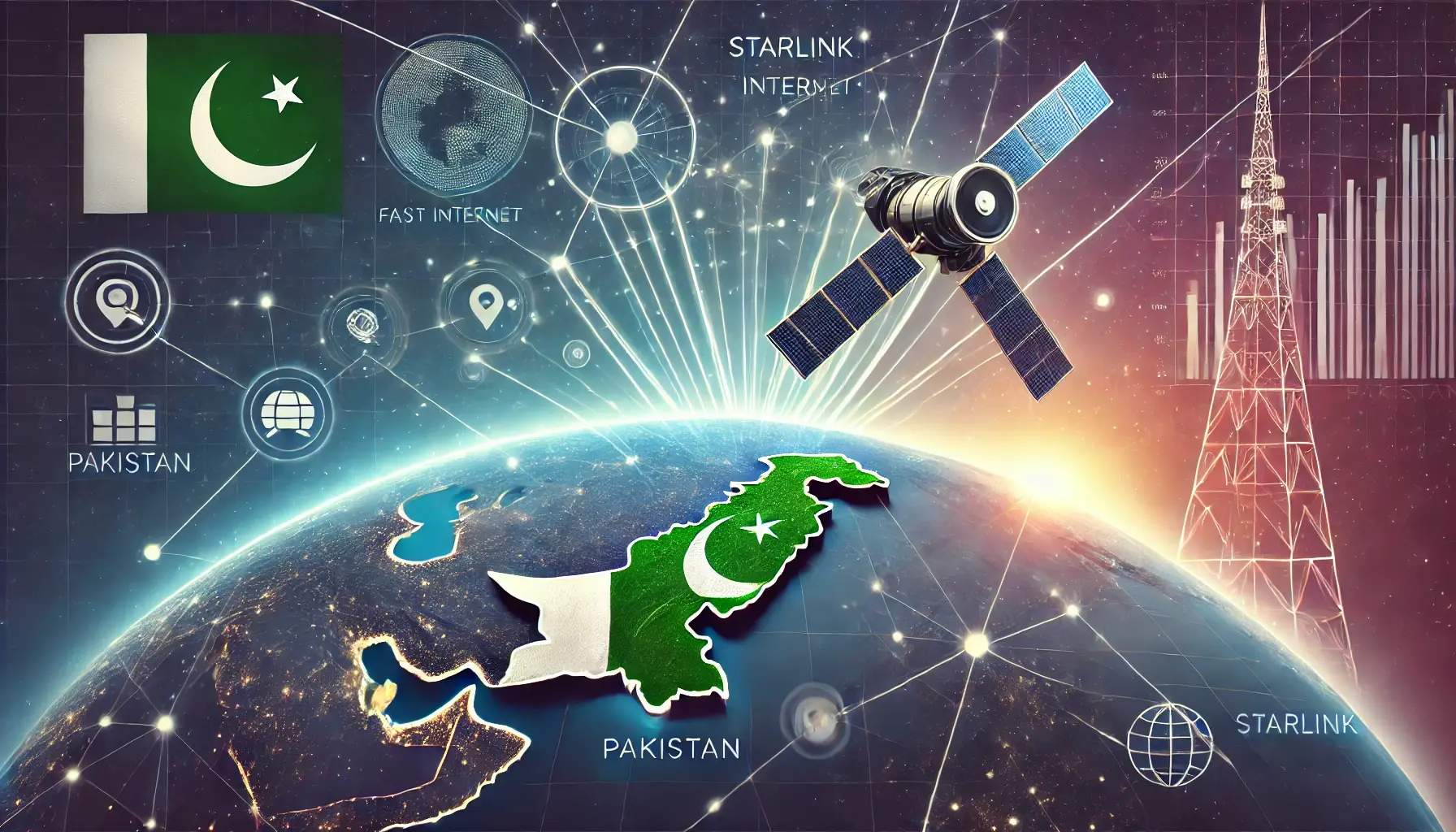Pakistan’s ambition to enter the global space race reached new heights with the launch of the Pakistan space Mission Moon. This mission marks a monumental moment not only for Pakistan but for the whole scientific community. Because the nation embarks on this thrilling journey, it promises profound scientific advancements, technological innovations, and world recognition.
For many years, space exploration was dominated by the world’s superpowers. However, Pakistan’s space Mission Moon is a testament to the nation’s growing capabilities in science and technology. This mission isn’t about sending a satellite to the moon—it symbolizes a leap in Pakistan’s ambition to create its mark within the world arena.
The Vision Behind Pakistan’s Space Mission Moon The vision for the Pakistan space Mission Moon is nonmoving. Pakistan wants to contribute meaningfully to the worldwide space exploration community. With many space missions launched by countries like the U.S., China, and India, Pakistan’s move to send a satellite to the moon highlights the country’s commitment to becoming a frontrunner in space exploration.
This mission aims to gather valuable information regarding the moon’s surface, its earth science options, and the potential for future exploration. Pakistan’s house agency, SUPARCO (Space & Higher Atmosphere Analysis Commission), is at the forefront of this historic journey. Through the Islamic Republic of Pakistan space Mission Moon, SUPARCO hopes to advance house technology, promote STEM education, and encourage a new generation of scientists, engineers, and astronauts.
What Makes the Pakistan Space Mission Moon Unique?
The Pakistan Space Mission Moon is exclusive in its objectives and approach. Unlike previous space missions primarily centered on satellite readying and Earth observation, this mission is concentrated on satellite exploration. The satellite can conduct surface mapping, examine mineral deposits, and study the moon’s soil, reaching to uncover new resources that might be used for future house expeditions.
The mission also incorporates a scientific side that sets it apart from others: it’ll contribute to our understanding of the moon’s formation and relationship with Earth. This type of analysis has sweeping implications and how it may inform future house colonization efforts.
The mission’s objectives also include testing the practicability of various technologies that might be applied to future voyages. From navigation systems to communication technology, the Pakistan Space Mission Moon seeks to push the boundaries of space exploration.
Technological Innovations within Pakistan Space Mission Moon
One of the foremost exciting aspects of the Pakistan Space Mission Moon is the technological innovations driving the mission. Pakistan’s program has created vital strides in recent years, developing advanced technology for the mission’s success. The satellite is provided with the last instruments, which will leave careful satellite surface analysis, as well as high-resolution cameras, spectrometers, and advanced navigation systems.
Moreover, the satellite options innovative propulsion systems that square measure designed to maximize energy potency and improve mission success rates. This ensures that the satellite can effectively navigate the challenges of the voyage and come through its objectives with bottom risk.
Furthermore, the mission is meant to check new propulsion systems and information transmission technologies that may be essential in future celestial body travel. These innovations not solely demonstrate Pakistan’s technical art but additionally showcase its growing capability to contribute to the worldwide house business.
Challenges Two-faced by the Pakistan Space Mission Moon
The journey of the Pakistan Space Mission Moon has not been without challenges. Space exploration may be a complicated and high-priced endeavor requiring international collaboration, the latest technology, and intensive analysis. Pakistan’s house agency, SUPARCO, has two-faced challenges associated with funding, technological development, and international cooperation.
Despite these challenges, the mission’s success may be a testament to the dedication and labor of Pakistan’s space scientists and engineers. Pakistan has overcome these hurdles through innovation, resourcefulness, and world partnerships and is ready to create history with the Pakistan space Mission Moon.
The lack of resources and infrastructure compared to different house powers additionally exposes a major hurdle. However, Pakistan has addressed these limitations by collaborating with international agencies, securing technical help, and specializing in building property and climbable house programs for the long run.
International Impact of the Pakistan Space Mission Moon
The Pakistan Space Mission Moon is ready to impact the worldwide space exploration community significantly. With success in reaching the moon, Pakistan can be part of a cluster of countries capable of space exploration, raising its profile on the planet stage.
This mission also will open doors for future collaboration with different countries and space agencies. With its roaring completion, Pakistan’s program may pave the way for many formidable comes and Mars exploration on the far side. Moreover, the mission can encourage more significant investment in space science and technology in Pakistan and the region.
Global partnerships, like those between Pakistan and leading house agencies like the National Aeronautics and Space Administration, can enable Pakistan to strengthen its technological capabilities and continue to be conducive to house exploration on a global scale. The Pakistan house Mission Moon represents not solely a scientific triumph but an opportunity for world unity in the pursuit of data.
Educational and Economic Edges of the Pakistan Space Mission Moon
In addition to its scientific and technological goals, the Pakistan Space Mission Moon holds enormous instructional and economic development potential. The mission can generate excitement and interest in STEM fields nationwide, encouraging students to pursue careers in science, technology, engineering, and arithmetic.
Economically, the mission could create new industries and job opportunities in space-related sectors, from engineering and technology to analysis and development. As Pakistan strengthens its space capabilities, it’ll additionally produce a hub for home technology innovation within the region, attracting international partnerships and investment.
The educational edges are notably vital because the mission can inspire future generations to interact within the sciences, fostering innovation and technological development. This may drive economic processes and technological advancement, benefiting Pakistan’s economy and position in the world market.
The Future of Pakistan’s House Exploration Program is trying ahead, and the Pakistan space Mission Moon is simply the start. With its roaring launch, Pakistan is poised to take its space exploration program to new heights. Future missions could embrace any satellite exploration and the chance of sending astronauts to the moon and, eventually, missions to Mars.
Pakistan’s growing program isn’t technological advancement; it’s about fostering a culture of scientific discovery, international collaboration, and semipermanent vision. Because the nation continues to expand its space capabilities, the planet can watch with anticipation to examine what the Islamic Republic of Pakistan accomplishes next.
Conclusion:
The Pakistan space Mission Moonrepresents an essential step for the state and world house exploration. As Pakistan embarks on this historic journey to the moon, it carries with it the hopes of a nation wanting to create its mark on the planet stage. Through technological innovation, international cooperation, and a commitment to scientific exploration, the Islamic Republic of Pakistan is poised not solely to reach the moon but also to inspire future generations of space explorers and scientists.
With the worldwide community’s support, the Pakistan space Mission Moon. This mission isn’t simply a step for Pakistan; it is a leap in the long run of space exploration.
Another Exciting Blog: Ayeza Khan’s Bollywood industry Buzz: Separating truth from Fiction!








Leave feedback about this